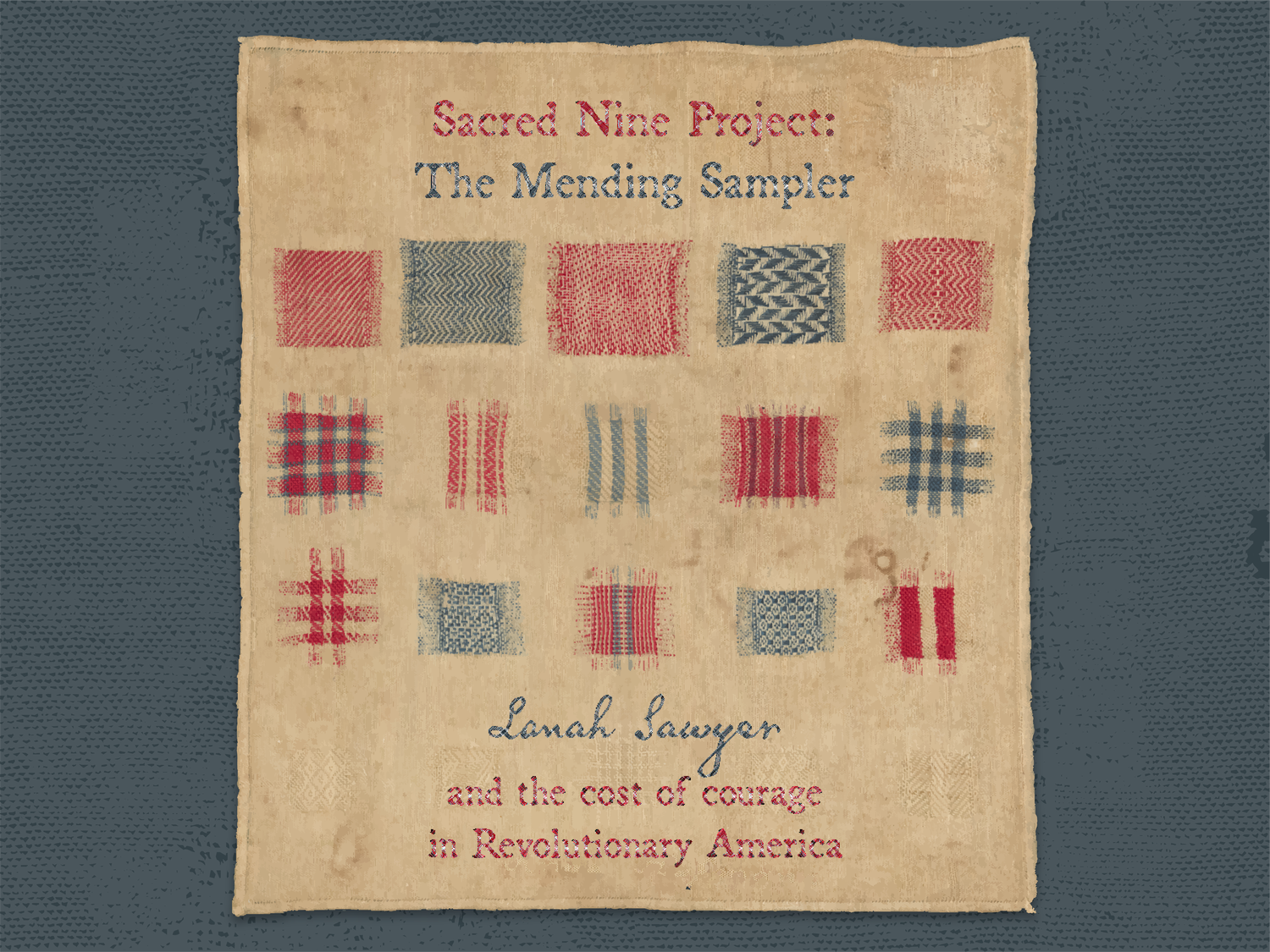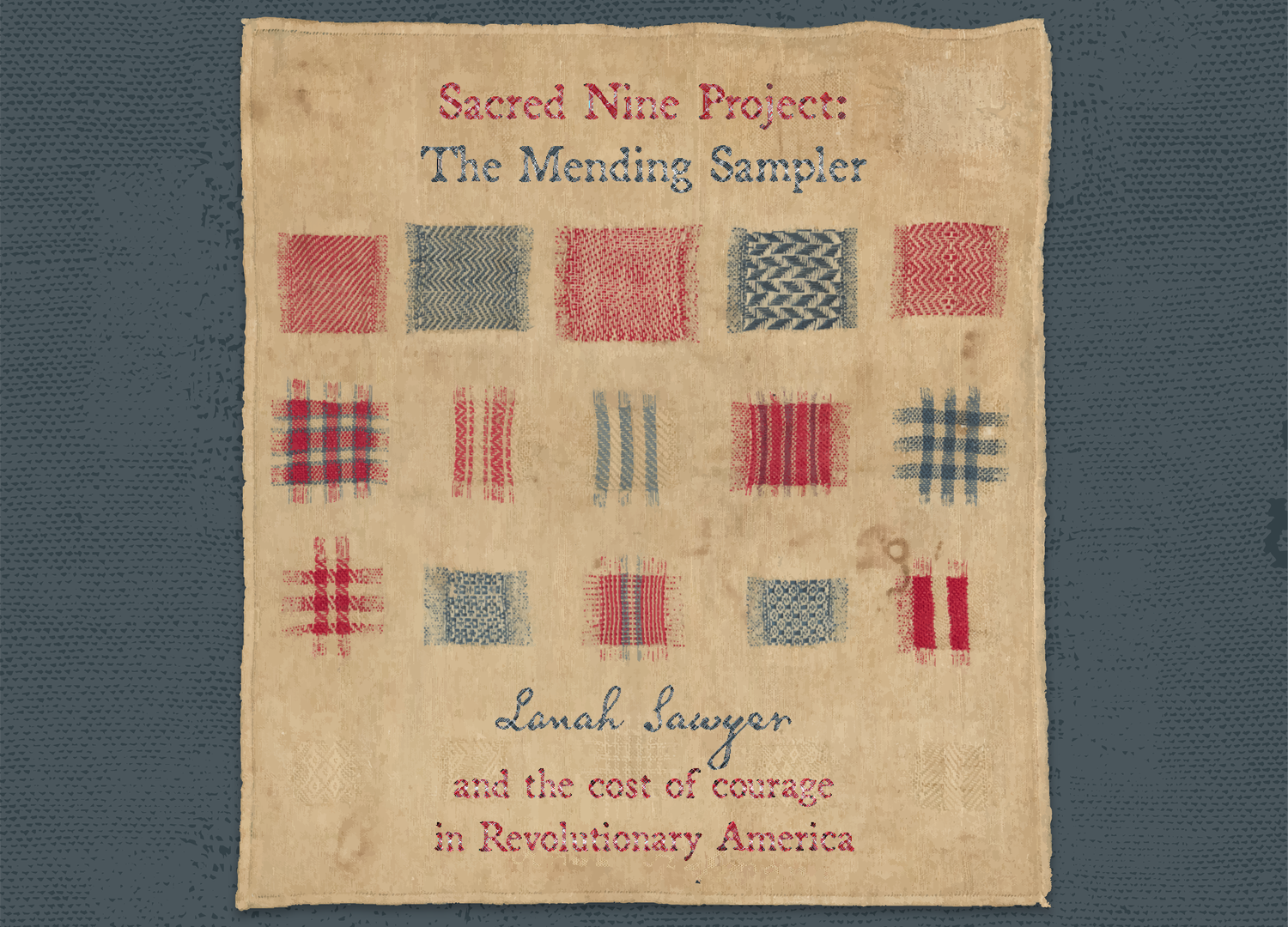
FEATURING
Eden Rosenbaum, soprano
Isabelle Kosempa, mezzo-soprano
Cameron Davis, tenor
Ethan Bunch, baritone
C. Leonard Raybon, baritone
This is a free and in-person event.
Sacred Nine Project: Mending Sampler
Sacred Nine Project is excited to celebrate John Wood Sweet’s, The Sewing Girl’s Tale, with a curated vocal concert at The University of North Carolina, Chapel Hill, where he is Professor of History.
“Cost of courage,” is Sweet’s turn of phrase. He writes:
As a young woman, Lanah Sawyer had a rare kind of courage. Only seventeen, a stepchild in a working family, she was easy to dismiss as a mere “sewing girl.” Yet, when an affluent gentleman showed an interest in her, she dared to image that he might really be interested in her. Violently, he dashed that dream—leaving her disoriented, distressed, and unmoored. Then, she gathered her courage and did what no one else in the nation’s biggest city had done in half a century: she charged a gentleman with rape. Then, as now, most survivors of sexual assaults by acquaintances don’t make any official complaint—and for good reason. But Lanah Sawyer refused to be shamed. She refused to be silenced. What followed was a harrowing ordeal—and a remarkable vindication. THE SEWING GIRL’S TALE is the story of this remarkable young woman’s search for justice, her determination to move beyond what had been done to her, to rebuild her life—to live with the courage of her conviction that she, too, was someone who mattered.
Raybon is drawing on historical sources, early American music, and newly written poetry for the presentation. One historical source is Report of the Trial of Henry Bedlow for Committing a Rape on Lanah Sawyer, New York, 1793, by William Wyche; this is a first-hand account of the trial. Charlotte Temple: A Tale of Truth (1791) by Susanna Rowson, containing a narrative not unlike the present account, is a further historical writing. Still another early text, The American Spelling Book (originally published in 1783) by Noah Webster, offers poetry and prose that might shed light on the kind of shame-and-gender-based education that a girl like Lanah would have received. A 1794 tune book, The Harmony of Maine (1794), compiled by Supply Belcher, offers inspiration from the Song of Songs, in which “the voice of my beloved” is seductive, and in our case, dangerous. Finally, Lanah’s story will incite brand new verse to honor her and her legacy.
PARKING
Please plan to arrive early as parking on campus can be tricky. Learn more about parking and directions to UNC-Chapel Hill’s campus.

